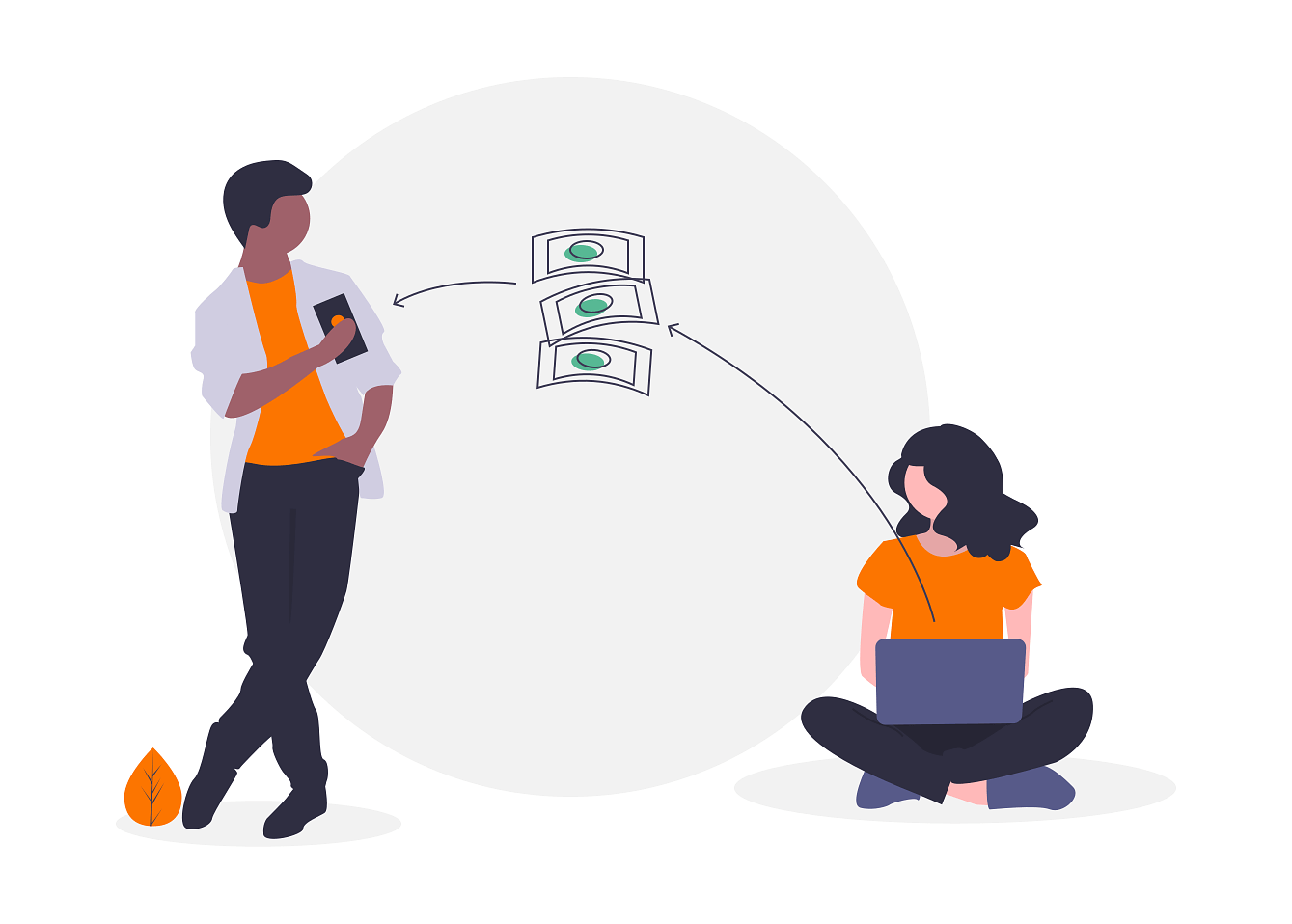Every day in the US, there are at least 115 million cars and trucks driving on American roads. If you are like most Americans, you likely commute to work in a car by yourself every workday.
There’s a good chance that most of your time commuting is uneventful. However, one of the most mysterious things that can happen to you while driving is that your car shuts off inexplicably.
If your car shuts off while driving, what should you do? What would cause this to happen?
Let’s dive into the steps you should take as well as the potential reasons for your car problems.
Your Car Shuts Off While Driving: What Should You Do?
There are few things as nerve-wracking as having your car shut off while you’re driving. Let’s take a look at the steps you can take if this should happen to you.
Stay Calm
Dealing with your car shutting off while you’re driving is probably one of the most stressful things that can happen to you on the road. However, the last thing you should do is panic. Do what you can to stay calm.
When you panic, it can lead you to make irrational and unsafe decisions. It can also leave you feeling paralyzed with fear, unable to take the necessary action steps.
If this occurs to you, take several slow, deep breaths. Staying calm is how you are going to safely get out of this situation.
Guide the Car to the Side of the Road
Even though you are likely experiencing a loss of power steering and brakes, it is possible to get your vehicle to a safe location by coasting while it still has some momentum. If you find that your brakes are not working, move toward an area that looks safe and utilize your emergency brakes.
If you can, try to stop your car in a place that is out of the way of other drivers. This can give you some space if it takes time to get your car working again.
If your car stops in traffic, other motorists might be willing to help you guide the car out of the road.
Turn on Your Emergency Flashers
Another important safety step is to turn on your emergency flashers. This can let other drivers know that you are having vehicle difficulties.
Try to Restart the Car
It’s possible that you will be able to get your car started again once you have pulled off the road. Either way, though, you’re going to want to get your car looked at by a mechanic. The fact that the issue occurred in the first place indicates that there is a problem that needs to be addressed.
Call for Help
Now it’s time to call for help. Unless you have a good buddy that is great with cars, you’ll probably just want to call to get the car towed to an auto repair shop.
(Do you have an old car and are in need of fast cash? Check out this article to learn how you can turn your old junker into cash right away.)
Car Problems: Why Would Your Car Shut Off While Driving?
There are a number of different reasons why your car might shut off while driving. Let’s look at the most common causes.
You’re Out of Gas
Sometimes the most obvious answer is the right one. If you went too far trying to get miles in before re-fueling, it’s possible you simply ran out of gas.
Your Alternator Is Damaged
Your vehicle will eventually stall and turn off if your alternator isn’t working correctly. Your car can actually continue working for a while after the alternator stops working as the battery will step in to supply power, but eventually, your car will stall and then shut off.
Your Crankshaft Position Sensor Is Broken
Your car will stall and turn off at some point if you have a fault crankshaft position sensor. This is a sensor involved with managing your engine.
Your Engine Control Unit Is Faulty
The ECU is essential to the operation of your car. Your vehicle might continue working for a little while once the ECU is faulty, but it will eventually lead to stalling and jerking while driving if not shutting off completely.
Your Fuel System Is Damaged
Your fuel system stores and supplies fuel to the engine of your car. If this system is broken or faulty, your car will act as if it has run out of gas.
Your Battery Is Dead
Your car battery doesn’t power your vehicle. However, if your alternator is also not working, it won’t be able to charge your battery and your car will shut off soon after you start the car.
Your Spark Plugs Are Faulty
If there are multiple spark plugs that have issues, your car might start but shut off soon after. Before your car reaches this stage, you might notice signs such as lack of acceleration, reduced engine performance, misfires, and engine knock.
Has Your Car Seen Better Days?
If your car shuts off while driving, it’s possible that the problem is as simple as not having enough gas in the tank. However, it’s also possible that you have motor problems or other more serious issues. With all vehicles, there gets to be a point when the amount of work it needs to be fixed would cost more than the value of the vehicle.
If it’s time for you to get rid of your junk car, we want to give you cash for it. Our process is incredibly simple and we’ll even show up and tow your vehicle for free.
Learn more about getting cash for your car here.



